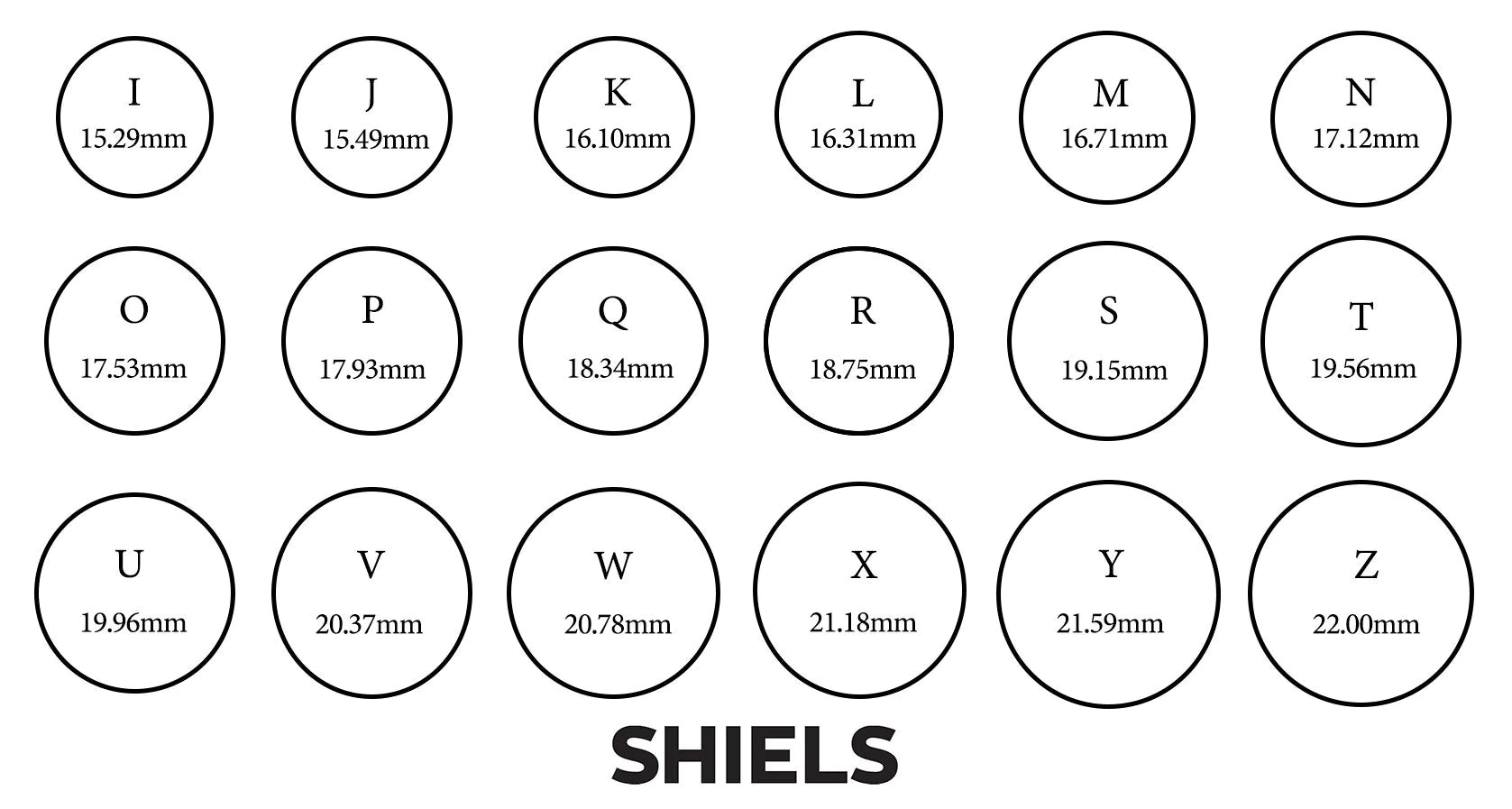Index trading does more than offer a way for portfolio diversification. If you have a clear idea about what it is and play your cards right, then you can earn good profits from trading in indices. So, if you have been recently thinking about venturing in that direction, then here are the details you need about indices and how they work.
What Exactly is Index Trading?
Index refers to the way of measuring the performance of an asset group. In other words, they are a basket of assets that showcase how various parts of a financial market are performing collectively. Indices can track commodities, bonds, forex, and stocks. Every index has assets underlying it and the index shows the fluctuations in the value of those assets.
Generally, when traders talk about indices, they refer to portfolio exposure to worldwide stock markets. They open one position but gain exposure to a complete sector or economy in one go.
A good example of index trading in a financial market is dealing with FTSE100, which tracks the top 100 companies present on the London Stock Exchange.
How Does Trading In Indices Work
In case of a stock market index, the market capitalization of the component companies determines the value of indices. Naturally, the large-cap companies have a higher weightage in this matter. The way these larger caps perform impacts the value of an index more than any lower cap company.
In some cases, indices can also be price weighted. It means the companies with a higher share price get a higher weightage. Any change in their values impacts the present price of an index more than the companies with lower share prices.

You will notice a change in the value of an index when there is any change in the following factors:
- Commodity pricing: A portion of the shares listed on an index can be commodity stocks. So, different commodities impact the prices of indices.
- Economic news: Central bank announcements, investor sentiments, and other major economic events can lead to volatility that moves an index value.
- Company news: Earnings announcements, acquisitions, mergers, or leadership changes influence a company’s share prices. These factors can make the share prices go up or down.
- Compositional changes: Addition or removal of companies in MT4 trading have a major role to play in this case.
- Company’s profits/losses: Major losses or profits made by a company impacts the value of the indices.
Trading in Indices
You need to start by deciding how you want to trade in indices. You can take the CFD route and focus on these financial derivatives. You can also choose between index futures or cash indices. After you open your account at a broker, you can talk to the consultants there to find the right choice for you.
It is important to monitor your position constantly when trading in indices. Keep a close eye to know when you need to change your trading strategy as per asset movements.




/GettyImages-1163111044_20002-39ce96e4143c495fa3e25025a2b834be.png)